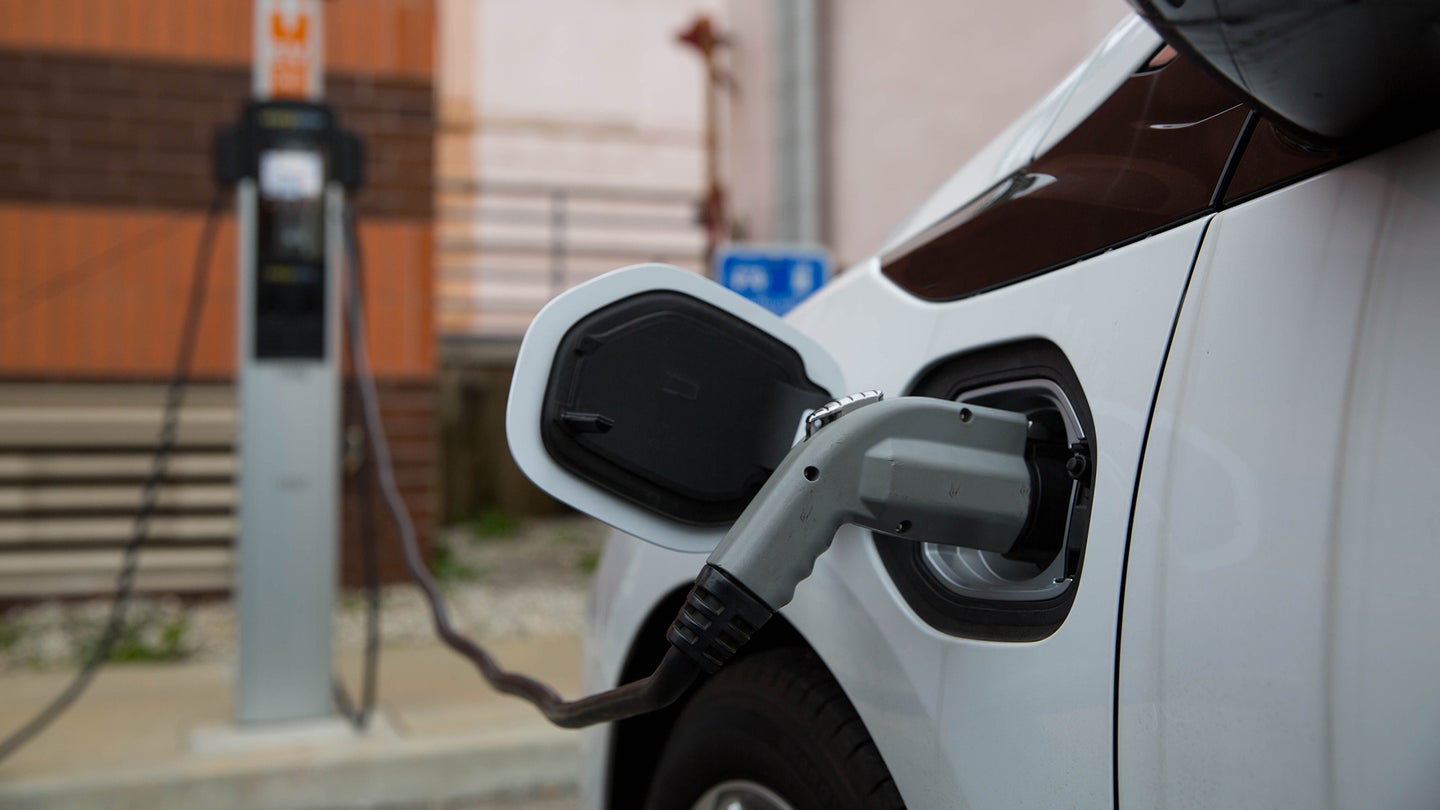Auto Manufacturers Want to Influence How VW Spends its Dieselgate Money
Despite Volkswagen investing large sums of money in electric, other manufacturers wish to steer spending in a different direction.

Volkswagen has been through a lot of controversy since the Dieselgate scandal first hit the public in September of 2015. On top of the $4.3 billion in fines and civil penalties that Volkswagen paid out to the Environmental Protection Agency, California Air Resources Board, its customers, and others, Volkswagen also agreed to invest a significant portion of its funds back into the electric auto industry. Now, other manufacturers may be viewing this move as a bigger threat than it is helpful.
To reclaim its place in the United States auto market, Volkswagen recently agreed to invest a large sum of money into the electric infrastructure around the United States. The new subsidy, called Electrify America, had the exact goal it was named for—to expand the electric infrastructure in the United States. This included placing more ethan 450 electric charging stations nationwide, with at least 110 in California.
Volkswagen agreed to use non-proprietary standards for their charging network so that all other manufacturers were able to make use of them. Sounds like an open and shut case for approval, right? Well, not exactly. CARB is still reviewing VW’s proposal and you better believe they’re getting complaints from other auto manufacturers regarding the auto giant’s potential to crush the alternative fuel market.
Just when you thought electric was the future, Honda, Hyundai, and Toyota are all heavily investing in the possibility of hydrogen-powered cars being the next big thing after electric. They feel that Volkswagen’s money should also pay for some hydrogen stations instead of just electric, too. The problem is, many other manufacturers (Like BMW, Nissan, and Tesla) are investing in the electric infrastructure, installing charging stations all over the continental United States.
Ford chimed in as well, stating that they have “reservations about having a key electrification driver dependent on and ultimately controlled by one automotive competitor” and also mentioned that Volkswagen should be focusing on areas where there is little to no electric infrastructure already implemented. BMW feared a monopolization of Volkswagen being able to control the cost of a top-up by having a significant amount of control in pricing.
On one hand, it can be frustrating that other manufacturers are attempting to influence a more open charging infrastructure around the United States, but on the other, could Ford and BMW be rightfully concerned regarding monopolized billing for electricity services? As CARB begins to carefully consider the 120 comments prior to approval of Volkswagen’s plan, one hopes that all aspects of the project are considered.
